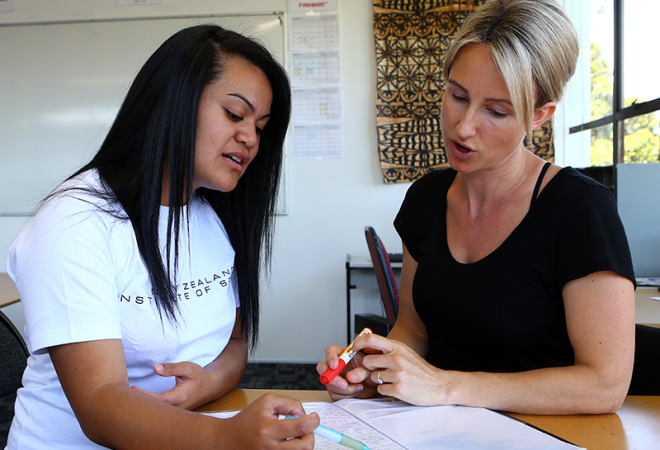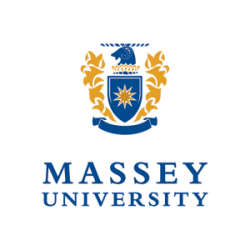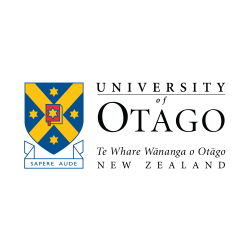
Preparing Female Sport Management Students for Leadership Roles in Sport
Status
Completed: 20 July 2012
Project Details
A project, completed in 2012, to examine the university learning experience, career expectations and experiences of recent female sport management graduates and female CEOs of New Zealand sport organisations. A collaboration of Massey University and University of Otago.
Aims:
The main aims of the project were to:
- investigate recent (1998-2008) sport management female graduates’ experiences of University study
- investigate recent (1998-2008) sport management female graduates’ expectations of the workforce
- examine their experiences of the workforce
- examine the University and career experiences of older, more experienced females who have succeeded in obtaining CEO positions in regional or national sport organisations
- synthesise these data to examine similarities and differences between the two groups
- report relevant findings to sport management educators and researchers to assist in future development of University courses, career counselling and provide an understanding of women’s careers in sport management
- report the relevant findings to educators and researchers in general to assist them in reflecting on their teaching practice in terms of preparing female students for the workforce.
Methodology:
A mixed method approach was used involving:
- a literature review
- a survey questionnaire with both open and closed questions completed by female sport management graduates and CEOs of New Zealand national sports organisations
- semi-structured interviews with female sport management graduates and CEOs of New Zealand national sports organisations.
Team

Professor Sarah Leberman
Project Leader
Massey University
Dr Sally Shaw
University of OtagoStatus
Funding
$9,806.00 (excl GST)
Key Findings
- The findings suggested that the most important skills graduates learned during their degree were planning and organising, independent learning and time-management skills. However, the most important skills for women noted by graduates were relationship-building, communication and interpersonal skills. This suggests a disconnect between preparation for the sector and requirements in the sector.
- The CEOs reported that relationship building, stakeholder management, self-awareness and sense of judgement were most important to being successful in the sports industry.
- Mentors were considered to be important by both groups. The use of informal mentors was mentioned most frequently
- 'Old Boys' networks were considered by most graduate and CEO respondents to still be a problem for women. Three CEOs felt that women should be able to navigate these networks through interpersonal skill development.
- Overall there was less difference in generational experience than expected.
Key Recommendations
The project presented a number of key recommendations for tertiary organisations with sport management courses, in particular, but also more generally business courses:
Develop self-awareness | Integration of developing self-awareness structured opportunities in the curriculum from Year 1.
Skills from part-time work | Provide maximum opportunities for integrating the skills learned in part-time work whether sport related or not to the taught curriculum.
Volunteering | Encourage students to volunteer as much as possible throughout their time studying. This would include for credit internships, as well as not for credit opportunities.
Relationship management skills | The importance of developing relationship management skills cannot be over emphasised. Providing structured development opportunities to develop this skill set from Year 1 is imperative.
Career development planning | Providing explicit career development planning opportunities in the curriculum, including the range of opportunities available within the sector.
Work-life balance | Including discussions about work-life balance in the curriculum and the particular challenge this presents for women as they enter the workforce.
Negotiation skills | Including the development of negotiation skills in the curriculum.
A research report prepared by Sarah Lieberman and Sally Shaw.
(PDF, 919 KB, 41-pages).
- 20 July 2013